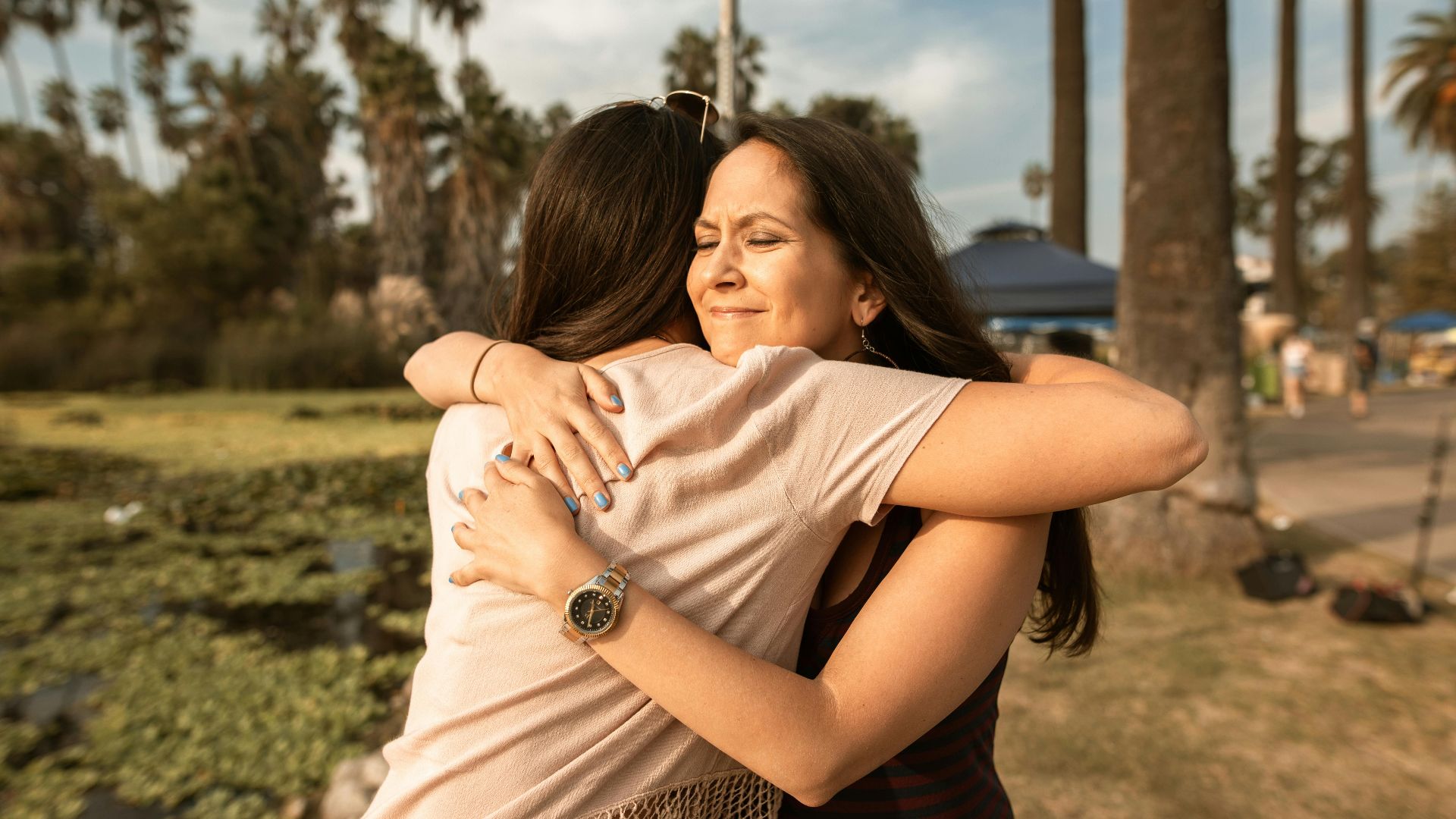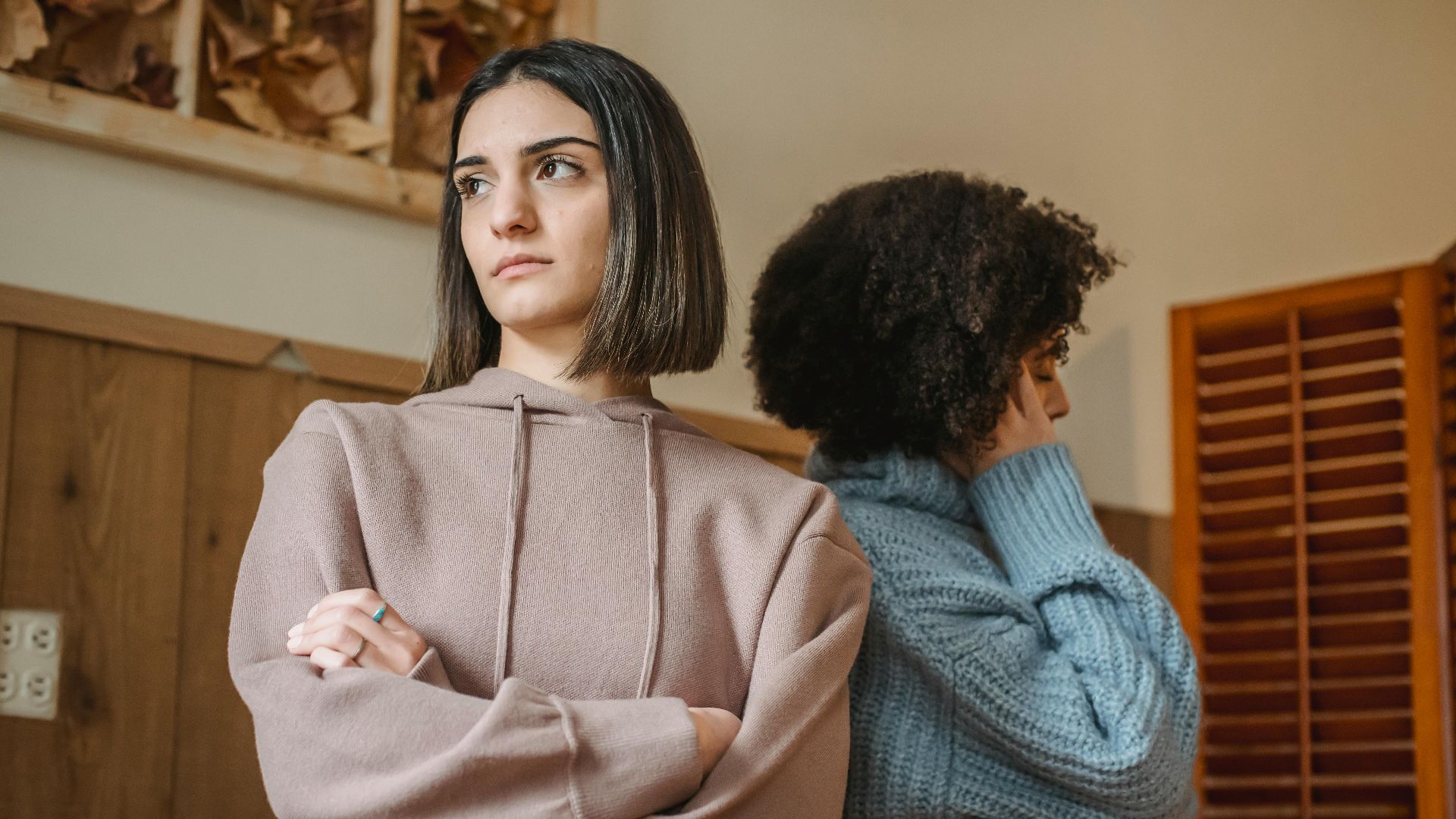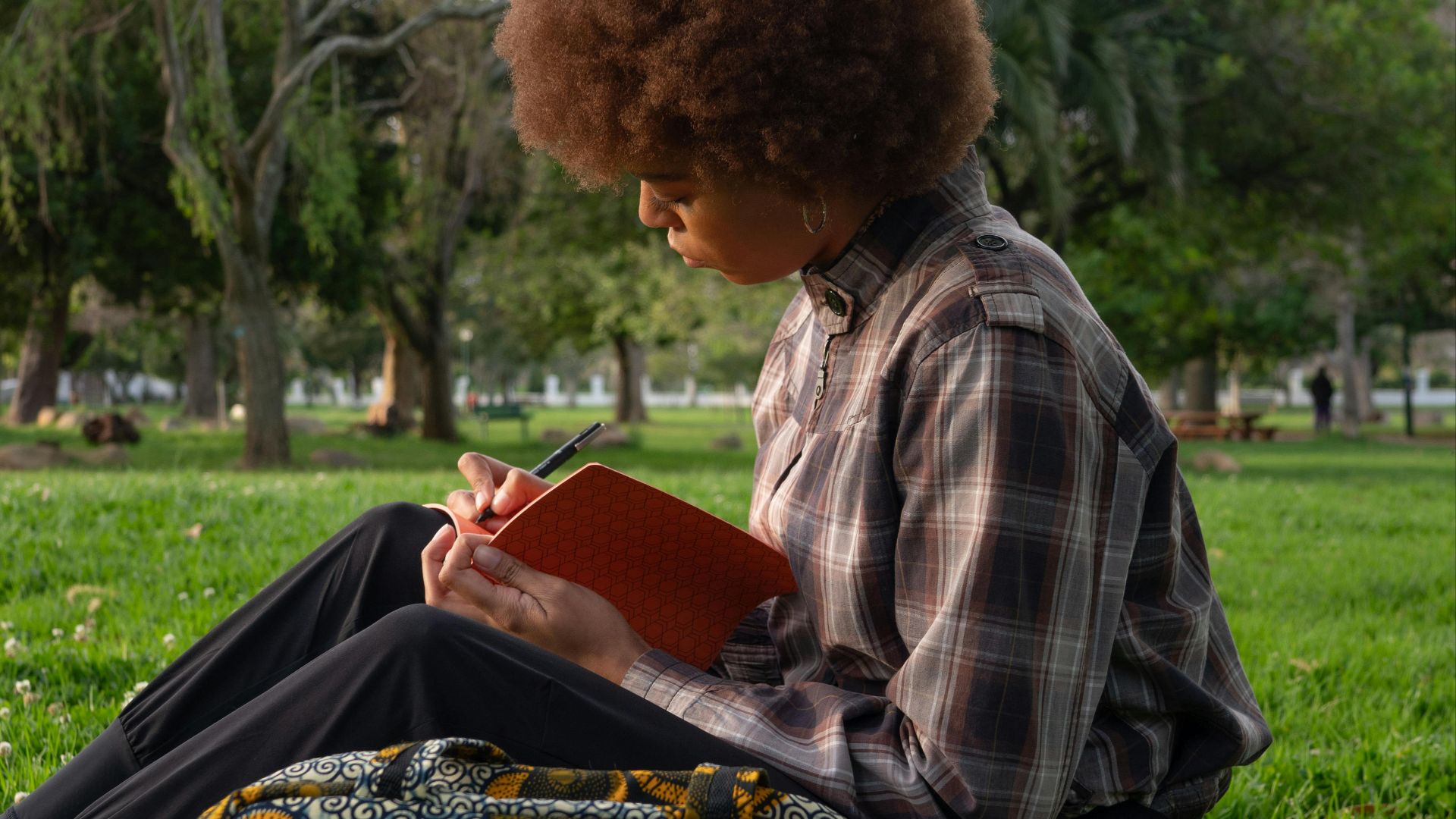Are You Growing Apart?
Friendships are some of the most cherished relationships we build in life, often rooted in shared memories. But as we grow, not all friendships grow with us. Sometimes, the paths we once walked together begin to drift apart. Let’s start with 10 signs that you’re outgrowing your friends.
1. Conversations Feel Repetitive Or Shallow
You notice that every conversation seems to circle the same old complaints or topics from years ago. There’s no intellectual stimulation or meaningful exchange anymore. Moreover, you’ve found new interests or deeper insights while your friends are stuck in a loop.
2. Your Values No Longer Align
As you grow, your values and beliefs may shift due to life experiences, education, or introspection. If your friends continue to hold rigid or outdated perspectives that clash with yours, tensions may arise. Realize that it’s not just disagreement—it’s a fundamental disconnect.
3. Your Life Paths Are Diverging Significantly
You’re moving forward while they seem stuck in the past. It’s not about superiority but about being on different journeys. You crave new experiences and challenges while they cling to comfort zones. The more your paths diverge, the harder it becomes to relate.
4. You Feel Like You're Playing A Role Around Them
When you're around them, you feel like shrinking yourself to fit in. You’re not being your authentic self anymore. You may laugh at jokes you don’t find funny or pretend to be interested in things that don’t matter to you.
5. They Dismiss Your Ambitions
Talking about your ambitions and facing discouragement is a clear sign they’re not on the same wavelength. Sometimes, it's masked as “realism” or “concern,” but it often stems from fear of change. Your desire to grow might make them confront their stagnation.
 Photo By: Kaboompics.com on Pexels
Photo By: Kaboompics.com on Pexels
6. You Feel More At Peace Without Them
Spending time alone or with new people feels more fulfilling and peaceful than with your old friends. You no longer look forward to meetups and may even dread them. After spending time with them, you feel enervated rather than uplifted.
7. They Make You Second-Guess Your Growth
Whenever you share something positive—whether a mindset shift, new routine, or success—they subtly undermine it or change the subject. You find yourself shrinking your progress just to stay on their level. That’s emotional resistance, not genuine support.
8. They Don’t Celebrate Your Wins
You start noticing that instead of celebrating your achievements, they respond with indifference or jealousy. If they constantly downplay your accomplishments or change the subject when you talk about success, that’s a red flag. Real friends support your progress, even if your paths diverge.
9. You Feel Unseen Or Misunderstood
Lately, it seems your friends don’t truly “get” you anymore. You try to share your thoughts or struggles, but they respond with confusion. It’s like you’re speaking a different language now, one they don't understand. That disconnect can make you feel invisible in relationships.
10. You Just Feel It
Sometimes, you can’t explain it—you just feel the disconnection. You’ve evolved and no longer feel “at home” with them. The spark is gone, and your heart knows it before your mind does. Trying to force the connection back often feels inauthentic.
Now, here are 10 things to do when it’s clear you’re outgrowing your friends.
1. Reflect On What You Want In A Friendship
Before making any decisions, take time to understand what you value in a friend. Do you want more emotional support, intellectual stimulation, or shared ambitions? Knowing what you need helps clarify which friendships still serve you and which don’t.
2. Communicate Your Feelings
Sometimes, a friendship can be salvaged with honest dialogue. Share how you’ve been feeling in a non-accusatory way—use “I” statements to express your perspective. Be open about how your needs have changed and listen to their side, too. Even if it’s uncomfortable, clear communication can bring understanding.
3. Journal Through The Disconnect
When feelings get murky, writing helps you process what’s actually going on. Journaling can help you name the shift, understand your emotions, and decide whether to speak up, step back, or let go. Reflection brings clarity when the connection fades.
4. Reduce The Time You Spend Together
Start scaling back how often you hang out if the dynamic is becoming unhealthy. Gradual space gives both sides a chance to evaluate the relationship. Moreover, a soft transition is often less jarring. You can then use the time to invest in your new interests.
5. Seek Out Like-Minded Individuals
Join groups, attend events, or explore hobbies where you’ll likely meet people aligned with your current values. It’s not about replacing old friends but finding a community that matches who you are now. New friendships often feel more energizing and balanced.
6. Accept That Not All Friendships Are Meant To Last Forever
Friendships, like seasons, sometimes serve a purpose and naturally fade. Some friends help you through certain chapters of life, and that’s enough. When you accept impermanence, you stop clinging to relationships out of guilt or nostalgia.
7. Forgive Yourself And Others For Changing
Growth isn’t betrayal—it’s evolution. Don’t carry guilt for outgrowing someone, and don’t resent them for not growing. Everyone evolves at their own pace, and forgiveness allows you to make room for compassion. It’s also a sign of emotional maturity and healing.
 Mental Health America (MHA) on Pexels
Mental Health America (MHA) on Pexels
8. Focus On Your Growth
Continue running after the things that bring you joy and purpose. Whatever it is—education, fitness, or therapy—personal growth builds your self-worth. The more grounded you are in who you are becoming, the less you’ll tolerate relationships that hold you back. Sometimes, your growth will naturally shift your circle.
9. Be Open To Reconnection Down The Line
Just because you grow apart now doesn’t mean it’s permanent. Life changes, and people often grow in unexpected ways. If the bond was meaningful, there may be room for reconnection in the future. Stay open, but don’t cling. Time and space can do wonders
10. Honor The Good Times You Shared
The friendship ends, but the memories remain. Honor what the relationship once gave you—laughter, support, adventure, or lessons. Every friendship shapes us, even if it doesn’t last forever. By appreciating the good, you part with gratitude instead of resentment.


























